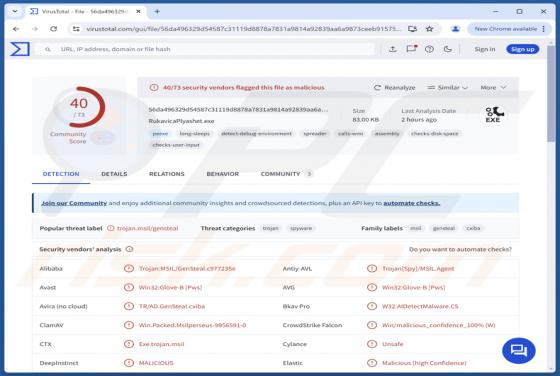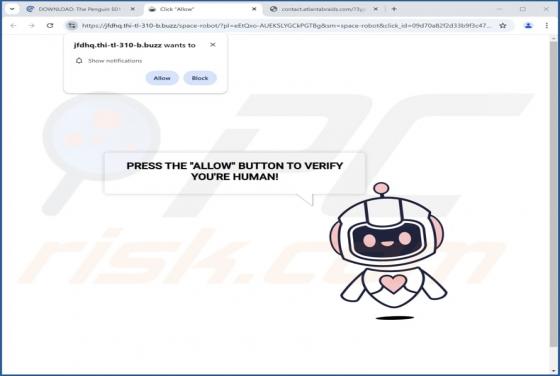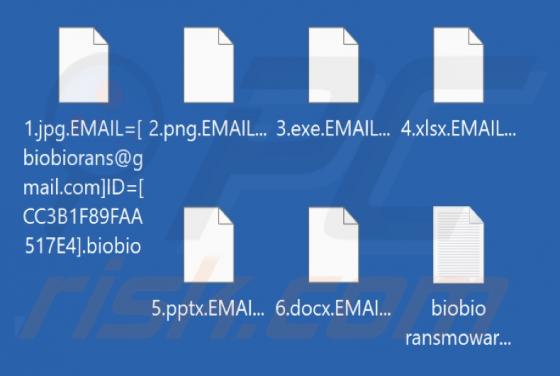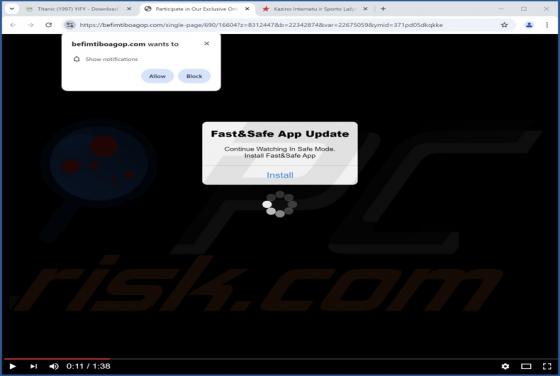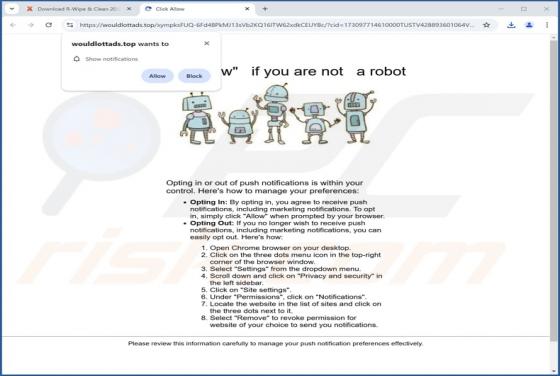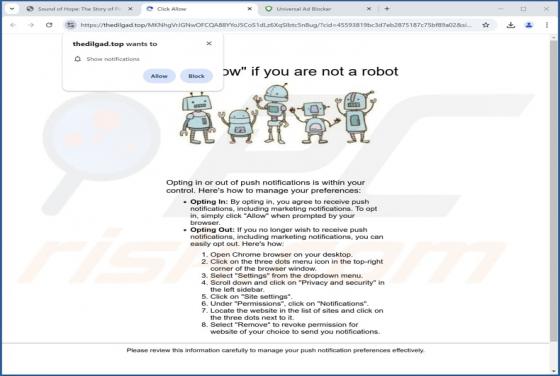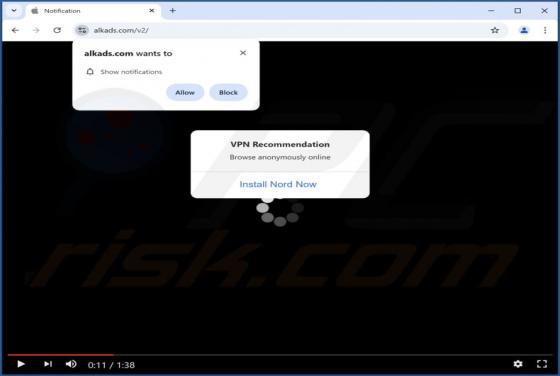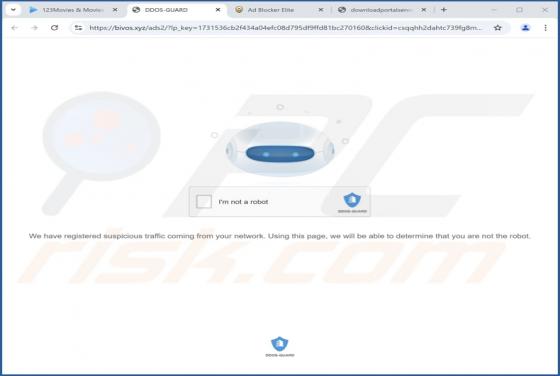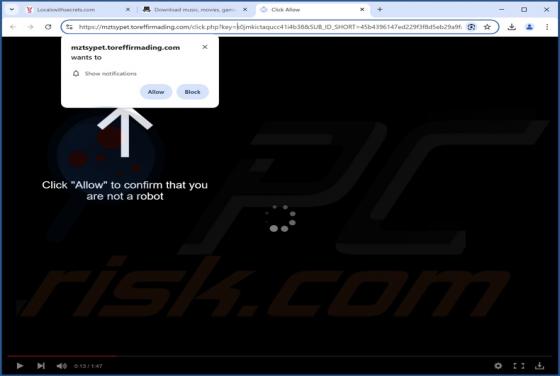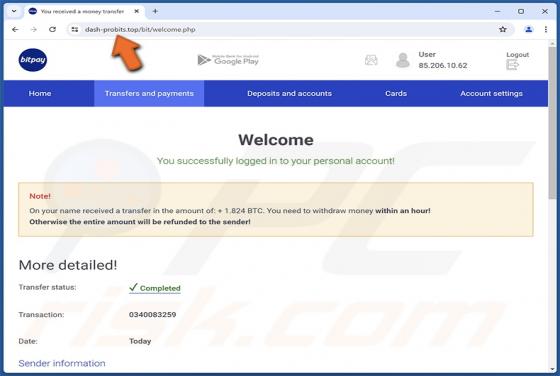
Fake BitPay Wallet Scam
"Fake BitPay Wallet" refers to a scam that masquerades as the official website of BitPay (bitpay.com) – a cryptocurrency payment service provider. The fake page claims that 1.824 BTC (Bitcoin cryptocurrency) is pending transfer to the user's wallet. The goal is to deceive the victim into paying a
